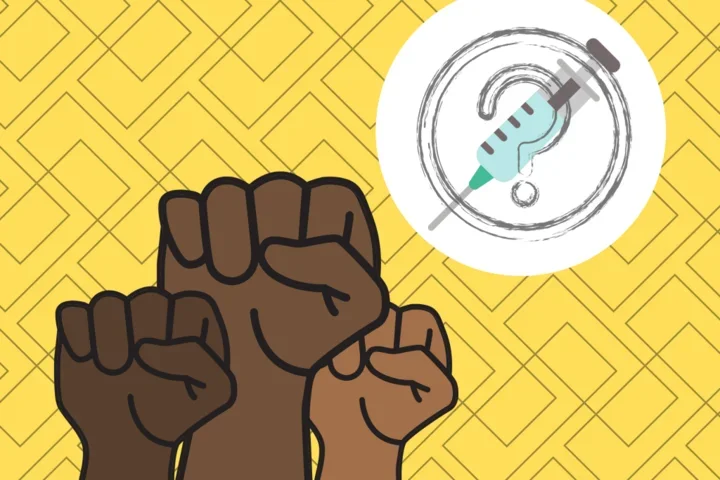Blog Post #7: Self Advocacy in Healthcare and Why It Matters
Self Advocacy in Healthcare:
By, Sydney Huynh
What is self advocacy?
Self advocacy is the ability to vocalize your needs in various settings such as healthcare.
What are patient rights?
Every patient is guaranteed a list of rights within healthcare. These patient rights include: the right to be treated with respect, the right to learn about your treatment’s risks and benefits, the right to ask questions about your health status, and the right to a second opinion to name a few (1). Understanding your patient rights and how best to use them to protect yourself is essential to ensuring you have the best experience in healthcare settings.
How to advocate for yourself in healthcare:
- Identify what you want and need from your appointment and communicate with your physician.
- Come prepared. Before your appointment, do your research about your treatment and/or your condition and come with questions you might want to ask your physician.
- Keep a copy of your medical records, treatment, and progress for your own reference. This can help in many ways: in the chance you switch doctors you will have your own records, in the chance any of your records get lost or mixed up you still have copies, taking the time to invest in your health.
- Don’t be afraid to get a second opinion. Having a second opinion from additional health professionals can help ease any worries you might still have or clarify any previous miscommunications.
- Reach out to those around you and build your support system. Having a support system you can lean on can make the journey feel less scary and overwhelming. (2)
Why Self Advocacy Matters:
From treatments to results, healthcare can be a long confusing process. Given that as a patient you might have already invested so much time and energy into the process, it’s crucial to advocate for yourself within your healthcare environment. By self advocating for yourself, it will benefit your healthcare experience now and in the long term, as well as lighten potential emotional and financial stresses that can occur later on (3).
Takeaway:
Become your greatest advocate and supporter. Advocate for your health, your needs, and your healthcare rights.
References
- Patient Rights. American Medical Association. https://www.ama-assn.org/delivering-care/ethics/patient-rights (accessed August 9, 2021).
- How to Advocate for Yourself at the Doctor. Northwest Primary Care. https://www.nwpc.com/how-to-advocate-for-yourself-at-the-doctor/ (accessed August 9, 2021).
- Speak for Yourself Self-Advocacy in Healthcare. Simply Well. https://www.simplywellblog.org/2020/03/09/speak-for-yourself-self-advocacy-in-health-care/ (accessed August 1, 2021).
About the author:
Sydney Huynh is a recent graduate from UCLA, majoring in Psychobiology with an interest in oncology, pediatrics, and public health. Eager to learn about and gain experience in these fields, Sydney became involved in the organizations Colleges Against Cancer, Pathways for Students into Health Professions, and Patient Health Advocates. She will continue her dedication to these fields as she pursues a career in medicine.



